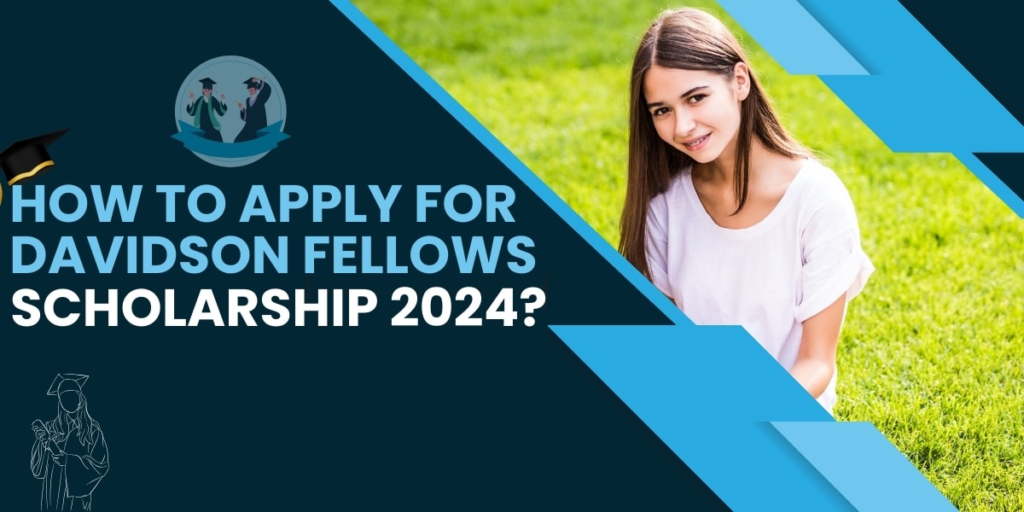Key Details
- Eligibility:
- Open to U.S. citizens or permanent residents under the age of 18 as of the application deadline.
- Projects must be in one of four categories:
- STEM (e.g., original research, inventions, or software)
- Literature (e.g., novels, plays, poetry collections)
- Music (e.g., compositions, performances, musicology research)
- Philosophy (e.g., analytical essays, ethical frameworks)
- Work must be completed independently or as the primary contributor.
- Award Amounts:
- 50,000∗∗,∗∗50,000∗∗,∗∗25,000, or $10,000 scholarships (awarded to ~20 students annually).
- Amounts depend on the project’s originality, scope, and societal impact.
- Focus Areas:
- Projects must be college/university-level work (e.g., publishable research, award-winning compositions).
- Emphasis on innovation and potential to benefit humanity.

Application Process
- Phase 1: Initial Submission (February–March)
- Submit a project abstract, resume, and letters of recommendation.
- For music applicants: Performance recordings or sheet music.
- For literature applicants: Manuscript excerpts or full works.
- Phase 2: Finalist Application (April–May)
- Finalists provide a full project portfolio, including:
- Detailed project report or manuscript.
- Documentation of impact (e.g., patents, awards, publications).
- Video presentation explaining the project’s significance.
- Finalists provide a full project portfolio, including:
- Interviews & Judging:
- Finalists may be interviewed by experts in their field.
- Projects are evaluated by panels of academics, professionals, and artists.
- Winners Announced: August.
Selection Criteria
- Originality: Does the project break new ground or challenge existing ideas?
- Depth: Mastery of the subject and technical skill (e.g., peer-reviewed research, complex compositions).
- Impact: Potential to advance the field or address societal challenges.
- Presentation: Clarity of written and oral communication.
Examples of Winning Projects
- STEM: A machine-learning algorithm to detect early-stage cancer.
- Literature: A novel exploring cultural identity, published by a major press.
- Music: A symphony performed by a professional orchestra.
- Philosophy: An ethical framework for AI governance.
Tips for Success
- Start Early: Many winners spend 1–3 years developing their projects.
- Choose a Passionate Topic: Work on something you deeply care about.
- Seek Mentorship: Collaborate with professors, researchers, or professionals in your field.
- Document Everything: Keep records of drafts, experiments, and iterations.
- Highlight Impact: Quantify results (e.g., “algorithm improved diagnostic accuracy by 30%”).
Important Deadlines
- Application Opens: February 1
- Phase 1 Deadline: March (exact date varies yearly)
- Finalist Notifications: April
- Phase 2 Deadline: May
- Winners Announced: August
Why Apply?
- Recognition: One of the few scholarships honoring pre-college innovators.
- Financial Support: Funds can be used for college or future projects.
- Networking: Join the Davidson Fellows community and access exclusive resources.
- Prestige: Past winners have been featured in media (e.g., Forbes, NPR) and admitted to top universities.
For details and to apply, visit the Davidson Fellows Scholarship website. Let me know if you need help refining your project proposal or preparing your portfolio!
